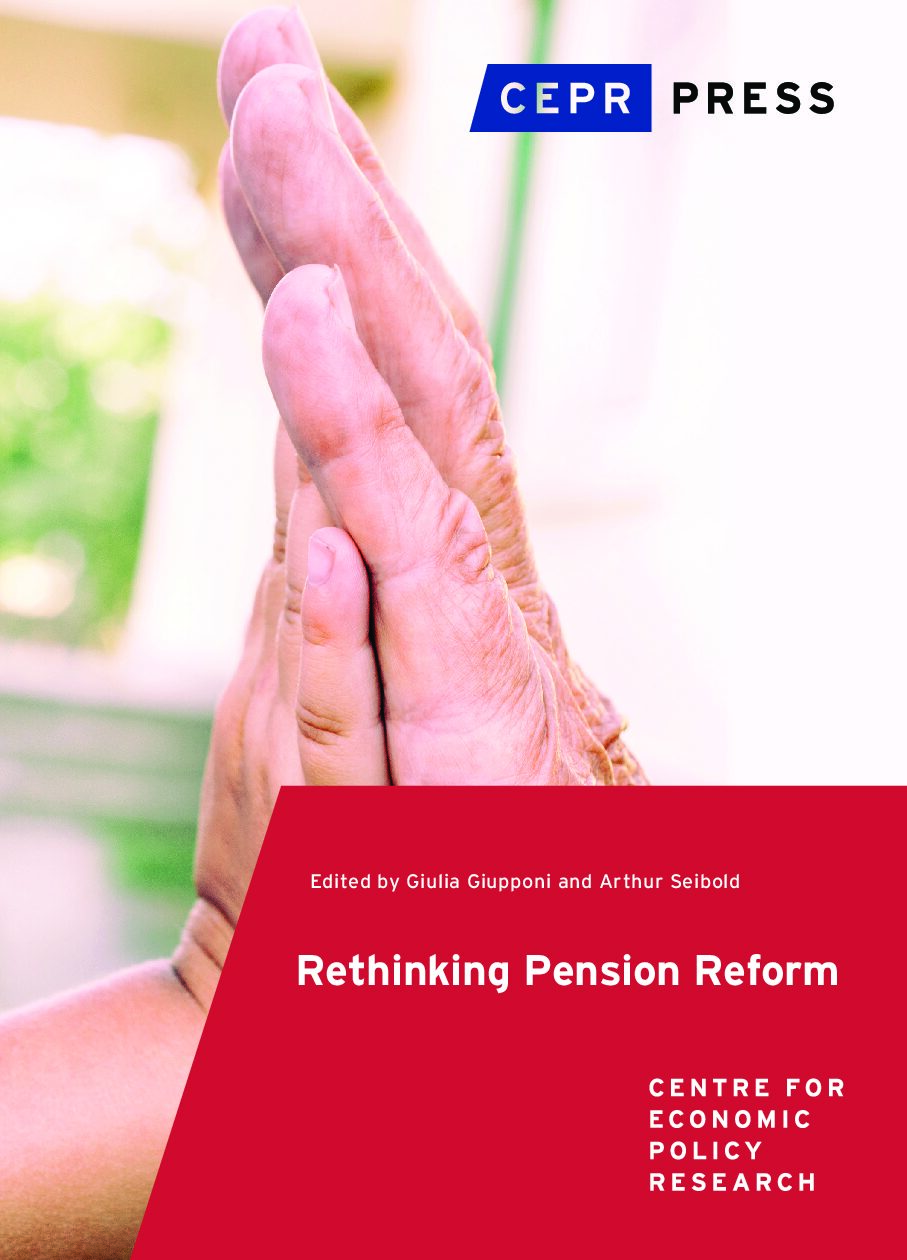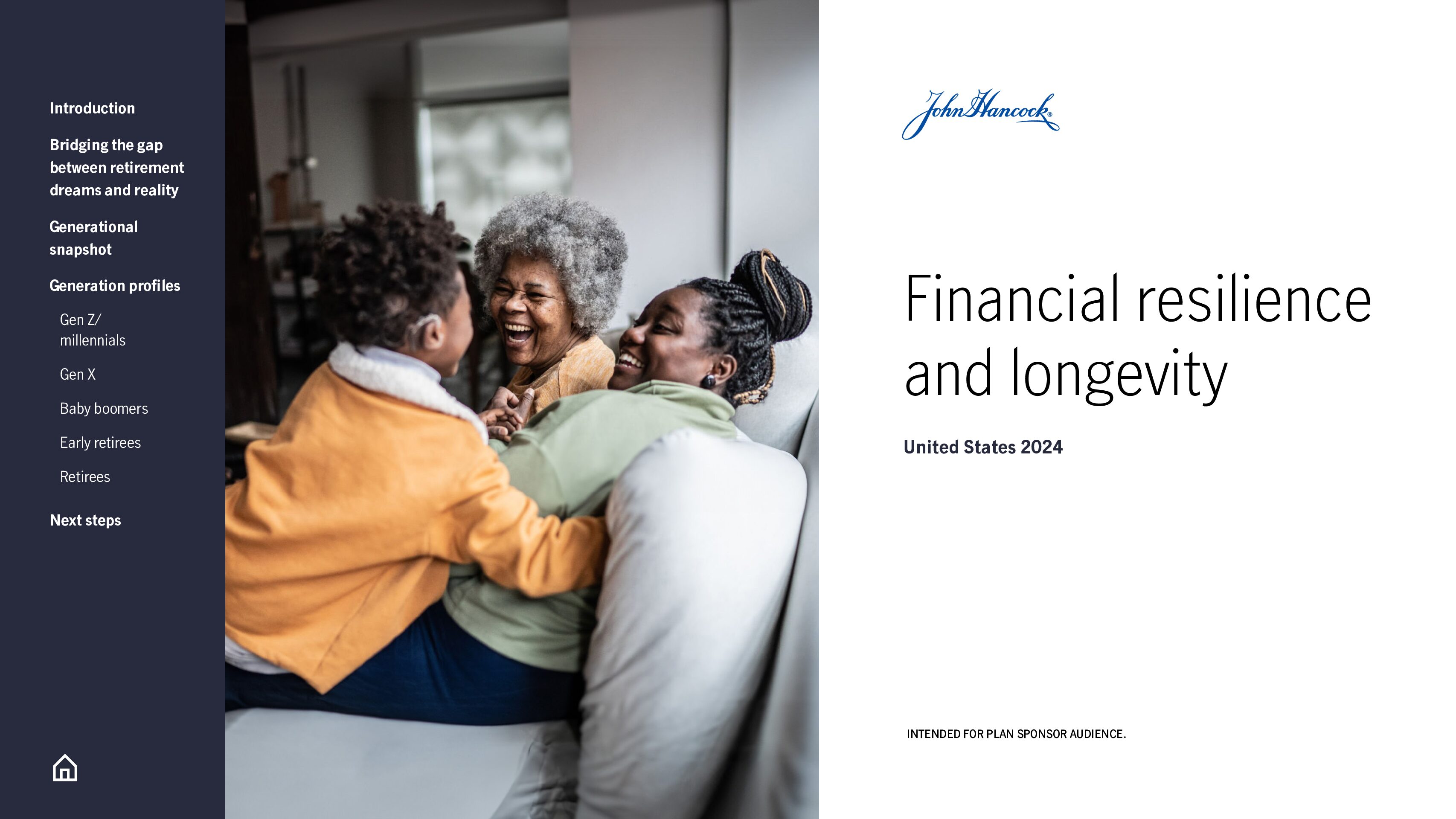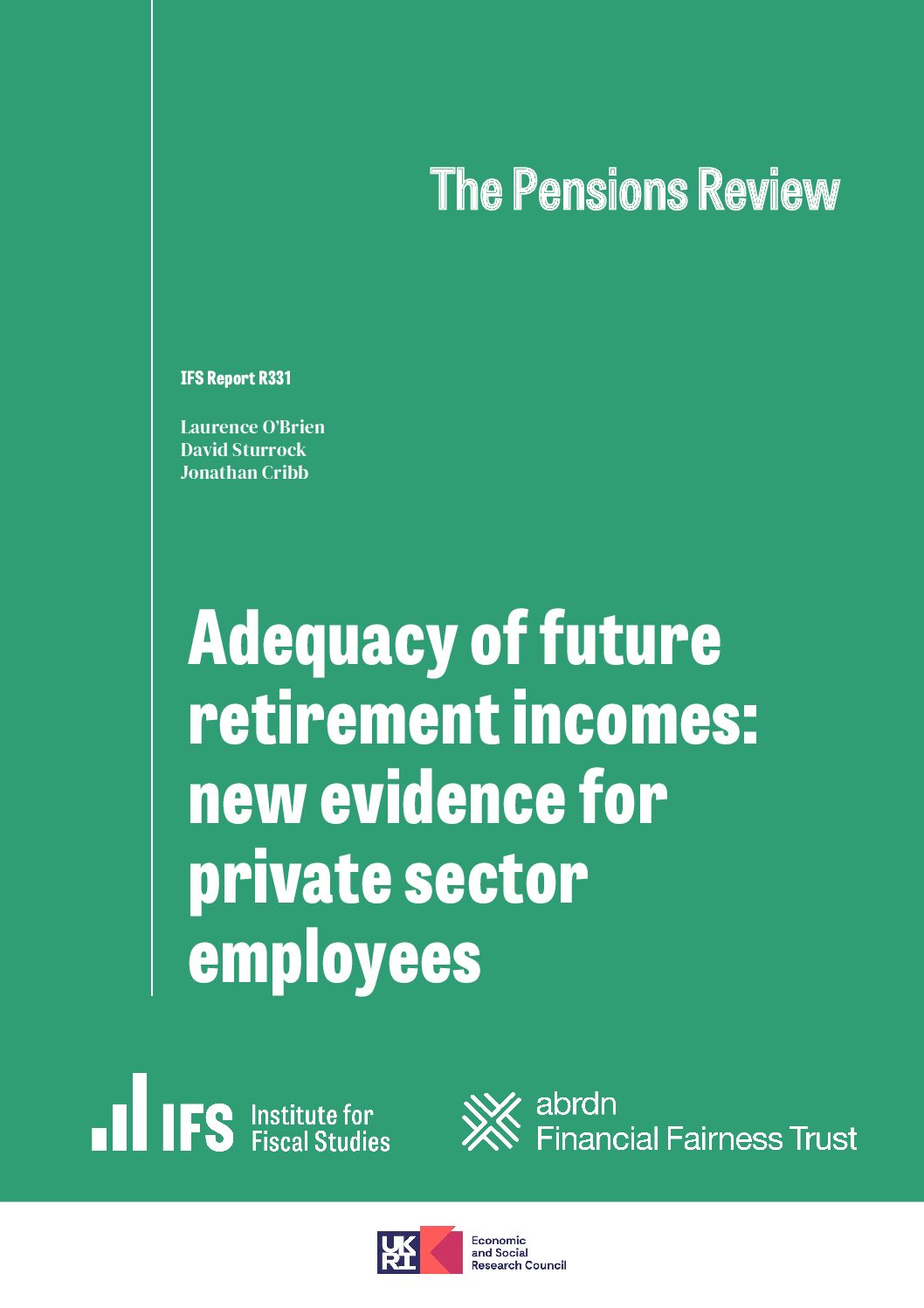Outcome Based Assessments for Private Pensions : A Handbook
By William Price, John Ashcroft and Michael Hafeman
This report illustrates a new methodology to develop an Outcomes and Risk Based Supervision (ORBS) framework for funded pensions with a case study of Costa Rica. The approach was used in a FIRST funded project in Costa Rica with the regulator and supervisor of pensions SUPEN. The intention is to highlight an approach that may be useful in the region, and globally, to help agencies responsible for private pensions to focus on the long run outcomes they are seeking to achieve, identify the risks to these outcomes and implement the most effective solutions to these risks. This is all done through a consistent framework that embeds the long run outcomes at the heart of the process, and so lends itself naturally to the greater focus on results, and Monitoring and Evaluation that are central to modern development projects. The focus on Costa Rica also helps illustrate the approach in a country that has not typically been used as a case study. This helps to broaden the range of case studies available for practitioners and expands the possibilities for ‘South-South’ learning.
Full Content: The World Bank










